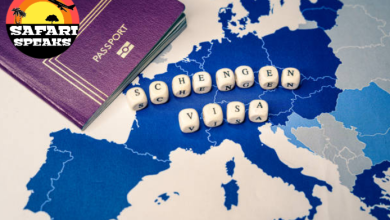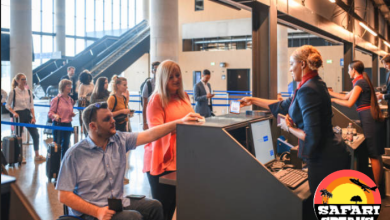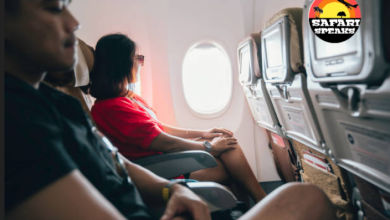Best Money Spending Tips For Travelers During This Season
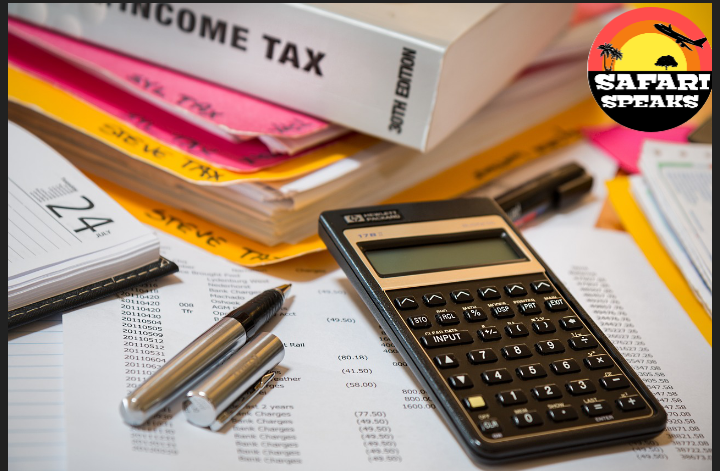
Money spending tips for travelers is one basic things that first time travelers should always make sure they inquire so that they can curb extravagant spending and also carrying money that would not be enough for the trip.
On a recent two-week trip to Switzerland, a friend watched with consternation as the dollar took a slow downward slide. Ten dollars bought sixteen and a half Swiss francs when he arrived and only sixteen was left when she left. How can you protect yourself against this kind of exchange rate erosion?
When budgeting a trip, imagine the worst, money wise especially when the US dollar or its equivalent suddenly starts losing value against all major foreign currencies.
Prepare for things to cost even more than you expect. If you allow a twenty percent increase in cost you will be protected and you will be pleasantly surprised if the dollar gains, rather than declines during the trip.
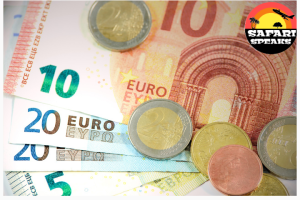
Sometimes, the exchange rate may actually dictate where you go. If Venezuela is giving a good rate on the dollar you might decide to go there instead of Bahamas.
It is helpful to establish priorities for your budget. On some trips, we decided that eating well was our priority – that we would save on lodging but splurge on the local cuisine.
Some Money Spending Tips for Travelers
- Do not wait till the day before departure to purchase traveler’s check! There might be a snowstorm, or a holiday you did not bank on.
- Take with you some considerable amount of dollars especially for last minute emergencies and for getting home again.
- Try to obtain in advance, some considerable amount of dollars for your destination. You might not have to worry about finding a bank and coping with long queue upon your arrival. Order your foreign currency at least a month ahead of time through your bank.
- the dollar rate is sinking or rising as you are making your trip preparations, and you believe it might continue to do so, you may purchase travel checks in the currency of your destination to fix an exchange rate. This always a gamble, however – the dollar may suddenly start rising again.
- Having your money in traveler’s checks is obviously safest. Another advantage is that traveler’s check often receive a better exchange rate than cash does.
- Some travelers prefer to purchase a lot of small denomination traveler’s checks, so they would not be carrying a lot of cash. It has been noticed that some exchange places charge a set of service fee per transaction, so that it is expensive to keep changing small amounts of money.
- Once you have obtained some foreign currency, take a good look at it. Examine the coins and figure out how to tell them apart. Look at the bills. You want to be familiar enough with them so that you will be quick as possible in your monetary transactions. Travelers end up with pockets bulging with change, because they are constantly breaking the large currencies.
- Bring along with you a pocket calculator to figure out the exchange rate if you will be doing some serious shopping.
- Do not get hung up in your exchange rate. It changes from day to day as it is impossible to predict. You can ruin your fretting about the better rate available around the corner from where you cashed your check.
- Save the receipt of all the money you convert. Many countries require that when you leave you show these receipts if you want to convert local currencies back to dollars. This is to ensure that you are not making money off the black market.
Money Spending Tips For Travelers: How To Handle Credit Cards
Handling credit cards is one of the basic that a traveler needs to have at his finger tip. It is one of the money spending tips for travelers that most people would always want to inquire about in order to become more satisfied and comfortable when making expenditures in a trip.
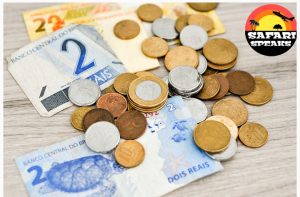
Credit cards are a tremendous convenience on a trip. Not only do they allow you to postpone payments for transportation, lodgings and purchases, but many can also help you to obtain cash in an emergency. If you use your credit card to shop, you will actually have a receipt at the time of your transaction, a monthly statement, and a period of financial float before you must pay.
On the other hand, it is very easy to exceed your budget by overspending on credit cards. If you wish to monitor you expenses, it might be wise to limit card use to particular types of expenses such as emergencies and travel accommodations, hotels and meals.
Tips To Know While Requesting For A Credit Card
1. Any foreign purchase made with a credit card will be converted to dollars for billing purposes, and many times the credit card companies will make that conversion at an inflated rate of exchange. You will be billed according to the rate of exchange effective on the day you made the purchase.
2. Credit cards are often used and accepted in hotels, good restaurants and bulky shopping. Aside from this instances, the acceptance of credit card can vary from country to country. Some shops would not accept them because they will have to pay the credit card a percentage of their total sale.
3. Visa is one of the most widely accepted and used credit card in the world. American Express, on the other hand, offers you the broadest range of travel services. With the MasterCard Gold you have a minimum credit line of five thousand dollars and many travel, insurance, shopping and emergency cash services.
4. Leave at home any credit cards that will not be useful where you are going. Those you do not should be carefully guarded.
Best Tips To Handle ATM Systems While Traveling
Many banks now belong to large national and international automated teller machines (ATM) that allow to get cash at all hours of the day or night and have it deducted from your checking account or charged to your credit card.
When you use your ATM card to obtain cash overseas, you will receive the local currency, not dollars and you will be billed according to the rate of the exchange on the day of the transaction.

